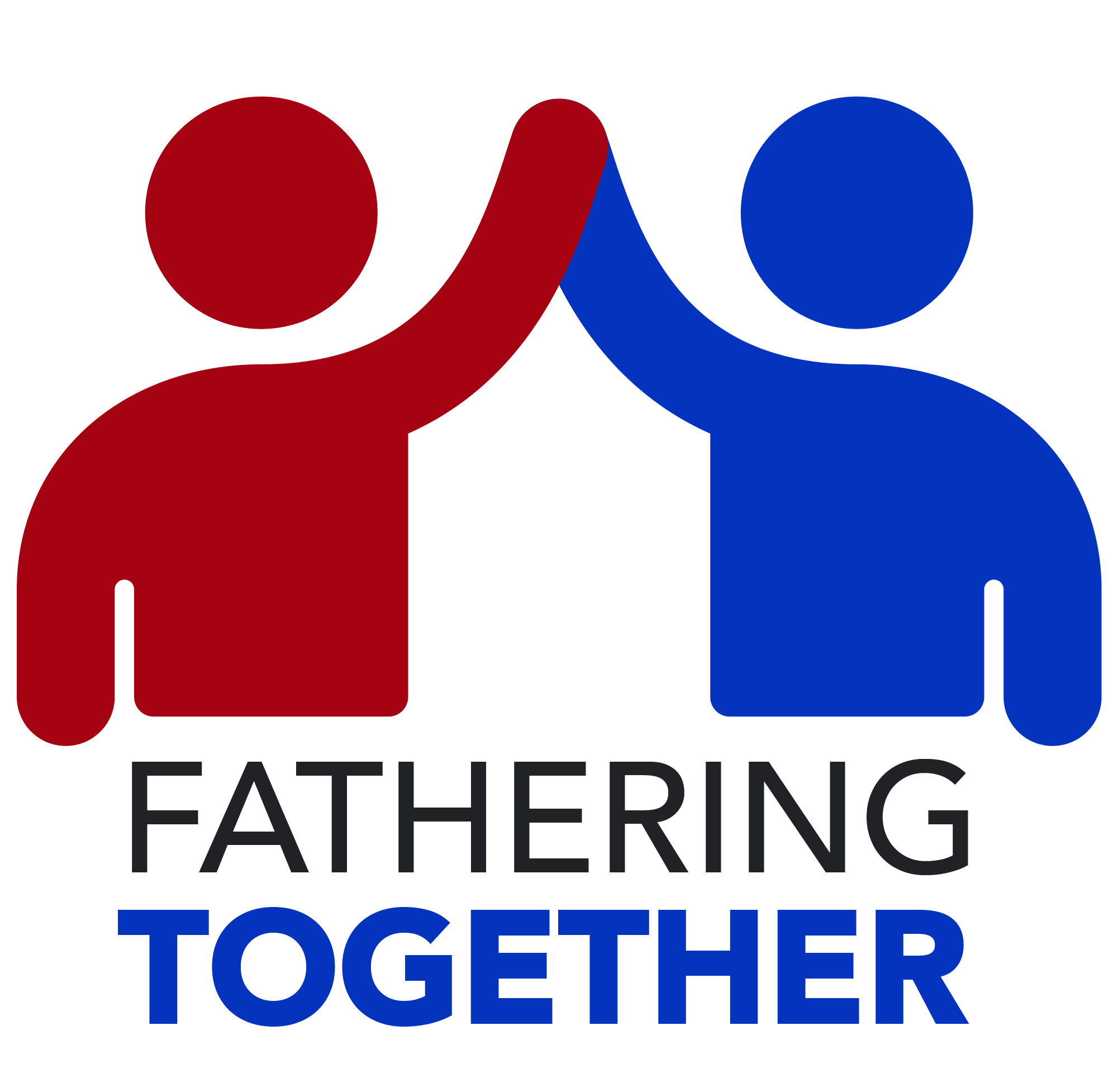Throughout my life, I’ve had many teachers. We all do. Some are formal positions that we see standing in front of classrooms that we enter as early as three. Others pass through our lives without us recognizing their lessons until it is far too late to provide them any form of thanks. Then, there are parents, who we rarely call teachers, but most of us realize they were the biggest teachers in our lives, whether or not they were good at it! The teachers we don’t tend to notice, including our parents, are the servant leaders. From my experience, their lessons are far more powerful than we care to admit.
While Robert Greenleaf gets credit for the term, the philosophy behind the term goes back to antiquity… but only if we really look for it. As I wrote yesterday, this form of leadership isn’t as flashy. Rarely are they the charismatic types who stand at a podium with a bullhorn casting a vision. Rather, servant leaders are just off stage crafting their vision by empowering those around them.
It might sound sinister or manipulative, but it isn’t.
Servant leaders have a strong desire to see their community come to their own realizations and understandings. This is at the heart of Journey to the East, the Herman Hesse short-story that inspired Greenleaf to coin the term. In the story, the true leader cared for those on the expedition. The leader made their meals, sang them songs to calm them, and ensured their journey was headed in the right direction. And while the journey did not go as the narrator expected, in the end, he discovered the true leader of the expedition was their servant the entire time.
When I became a dad, I had a lot to learn. Six years into the journey, I’m still finding that I may never learn everything I need to know in time to apply it. I’ve settled into the reality that I often score a “C+” with my kids. I’m not saying I don’t try for that “A+”, but as most parents will admit, kids change too fast. By the time you think you have them figured out, they sneak a developmental growth spurt on you, and your response falls flat. It is the equivalent of studying for the final and showing up to take it and realizing you studied the wrong edition of the textbook.
Thankfully the principles of servant leaders provide a roadmap for turning “C’s” into “A’s.” These principles remind us that listening is more important than talking. Healing and nurturing the relationship is more important than the productivity of it. And the actions we take are far more important than the words we share.
I’ve never asked my dad directly how ill-prepared he felt raising me, but I do know that asking him to help with homework was a recipe for disaster. My dad was best at solving life lessons, not math equations.
These life lessons would always occur during the car ride to practice or a little league game or after a Boy Scout meeting. They would always begin with the question, “How was it?” And then shift to “what do you think about it?”
I didn’t learn the Socratic Method until college, but my father was a masterclass in every conversation. By employing the method, he rarely had to supply an answer, but just waited for me to figure it out. He’d throw in some words of wisdom toward the end to show he had been listening the whole time, but only after I had come to my own answers. (I wonder what Socrates would have thought of servant leadership?)
I find myself following in my father’s footsteps more and more as my daughters get older. I’m blessed with two very smart girls who don’t ask “What is 2+2?” They ask tougher questions, like “Who is Santa?” and “Will I make friends at school this year?”
These questions require me to listen and to hold our relationship front and center. How I respond matters, but the fact that I am present and able to respond holds much more weight because in forty years, when my daughters are fielding questions from my grandkids, they probably won’t remember what I said about Santa. They will remember that I was present and listened and cared.
